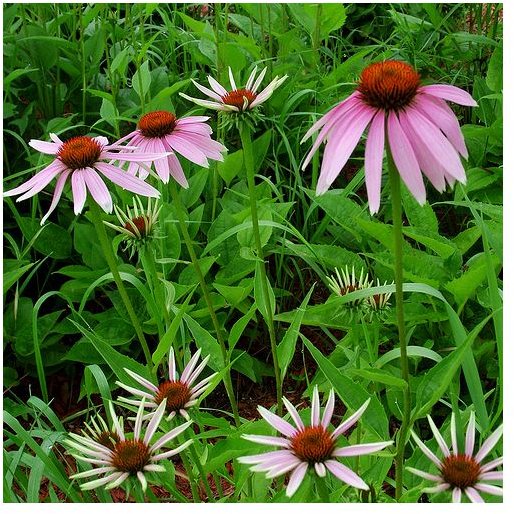Natural Herbs for Inflammation
Inflammatory Problems
Many different conditions can benefit from natural herbs for inflammation. Inflammation is actually a very common, healthy reaction. When the body suffers from some type of injury or infection, its initial response is to return to a state of well-being. Proteins, called cytokines, are sent to the affected tissue, with the intent of destroying threatening microbes, and then repairing and healing. As a result, tissue becomes red, swollen, and sometimes very painful.
People with carpal tunnel syndrome, osteoarthritis, and other such illnesses, deal with this condition on a chronic level, where the pain and discomfort can become a daily struggle. Others face inflammation when asthma or allergies act up, or during any type of bacterial or viral infection. External injuries also lead to inflammation, in which case herbal poultices and compresses will bring relief.
The Best Anti-Inflammatory Herbs
The class of herbs with anti-inflammatory properties is wide and varied. Some have a focused effect on inflamed tissue, such as bogbean and devil’s claw. Meadowsweet helps to reduce pain as well as inflammation. These herbs may be best suited for chronic inflammation from arthritis. Others, such as chamomile and echinacea have a more gentle effect, but also are useful for protecting the body from infection. These may be ideal for treating infections and inflammation of the lungs from respiratory diseases or asthma. Marigold and witch hazel, which both act as astringents as well as anti-inflammatory herbs, may be the best choices for skin inflammation, for minor injuries and skin allergies.
There are many herbs to choose from to treat inflammation, all of which will have some positive effect.
- Bogbean
- Chamomile
- Stinging nettle
- Ginger
- Echinacea
- Pau d’arco
- Marigold
- Meadowsweet
- White willow bark
- Red clover
- Devil’s claw
How to Use Herbs
Herbs for inflammation can be utilized in different ways. Perhaps the most common, is to drink a herbal infusion. Infuse one to two teaspoons of dried herbs with one cup of boiling water for ten minutes. Drink one to three cups daily during treatment. A herbal tincture is another effective method to use the healing benefits of natural herbs. Take one dropperful of the tincture in a cup of juice, tea, or water, twice per day. Herbal remedies are most effective when used cumulatively. Drinking one cup of chamomile tea will probably not relieve intense inflammation and pain, but drinking one cup for three or four days will bring relief, and prevent further irritation through helping the body return to a state of health.
To make a herbal poultice to treat topical inflammation, either mix dried herbs into a paste with warm water, or use fresh herbs with warm water. Apply to the skin directly, or wrapped in a piece of cheese cloth. A compress is also beneficial for inflammation of the skin. Try soaking a clean cloth in a herbal infusion and laying on the skin. Fresh or dried herbs can also be added to bath water for a soothing soak. Wrap about two tablespoons of dried herbs, or a large handful of fresh herbs, with a thin cloth, and add to bath water.
Using anti-inflammatory herbs is a natural way to minimize and control inflammation. There are many different herbs, and different methods to choose from. Always consult a health care professional before using herbal remedies.
Resources
Balch, Phyllis, CNC. “Prescription for Nutritional Healing, 4th Edition.” (The Penguin Group, 2006).
Hoffmann, David. “The Complete Illustrated Holistic Herbal: A Safe and Practical Guide to Making and Using Herbal Remedies.” (Element Books, 1996).
Photo credit
photo by: Vieux bandit (CC/flickr) <flickr.com/photos/vieuxbandit/3796406974>.
Disclaimer
Please read this disclaimer regarding the information contained within this article.
